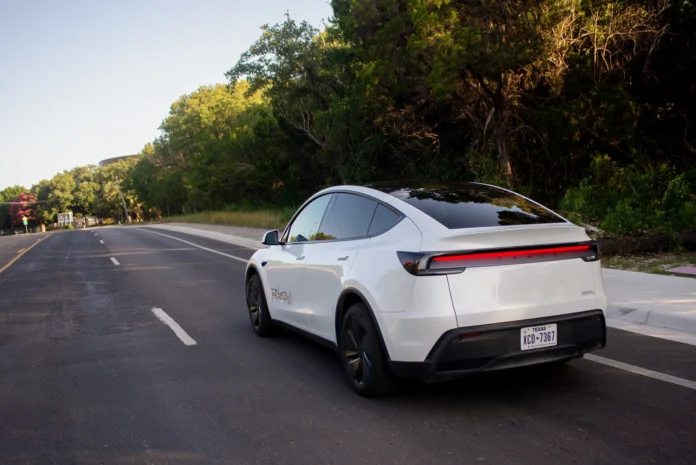Tesla plans to expand its chartered transportation service in the Bay Area, according to California regulators. The company received approval to operate more vehicles under this service model. However, the permit specifically prohibits autonomous driving at this stage. Tesla must continue using human drivers for the service expansion. Even so, the move signals growing ambitions in the mobility sector.
The chartered transport service aims to provide Tesla employees and possibly other users with shared ride access. This service is separate from Tesla’s future autonomous taxi projects. As a result, it allows the company to gain operational experience in mobility solutions. The company already runs some routes and now looks to increase coverage. These chartered transport routes support efficient commuting for high-traffic areas.
California’s Public Utilities Commission confirmed the expansion approval after reviewing Tesla’s application. Officials emphasized that safety standards must be followed at all times. The commission also reminded Tesla that this approval applies only to traditional operations. Tesla may not operate driverless vehicles under this permit. If Tesla seeks autonomous deployment, it must apply under separate state guidelines.
The chartered transport service supports Tesla’s long-term mobility strategy. While full autonomy remains a future goal, the company sees value in managed fleet services. This step allows Tesla to test operational logistics and passenger experience. Furthermore, the data collected from these services could improve future products. Tesla continues to explore how software, hardware, and logistics work together in mobility settings.
The chartered transport service fits well within Tesla’s existing infrastructure in California. The company already has service centers and vehicle fleets in the Bay Area. By expanding within a known region, Tesla reduces startup challenges. Additionally, it gains useful feedback from early users. This information may guide broader rollout plans in other U.S. cities.
In conclusion, Tesla has not confirmed whether the service will open to the public. For now, it focuses on internal transport for staff and selected partners. Nevertheless, this project gives Tesla a scalable model for future services. As urban areas face congestion, shared EV fleets could become a viable solution. Tesla positions itself to lead in that evolving market.
For more business updates, visit DC Brief.


